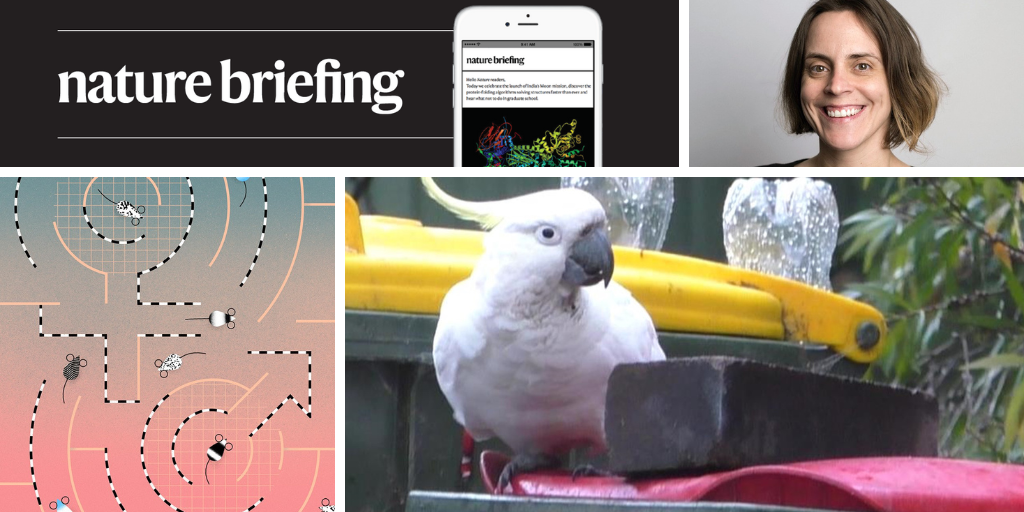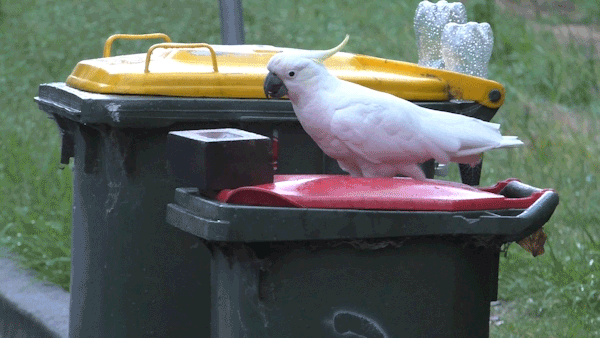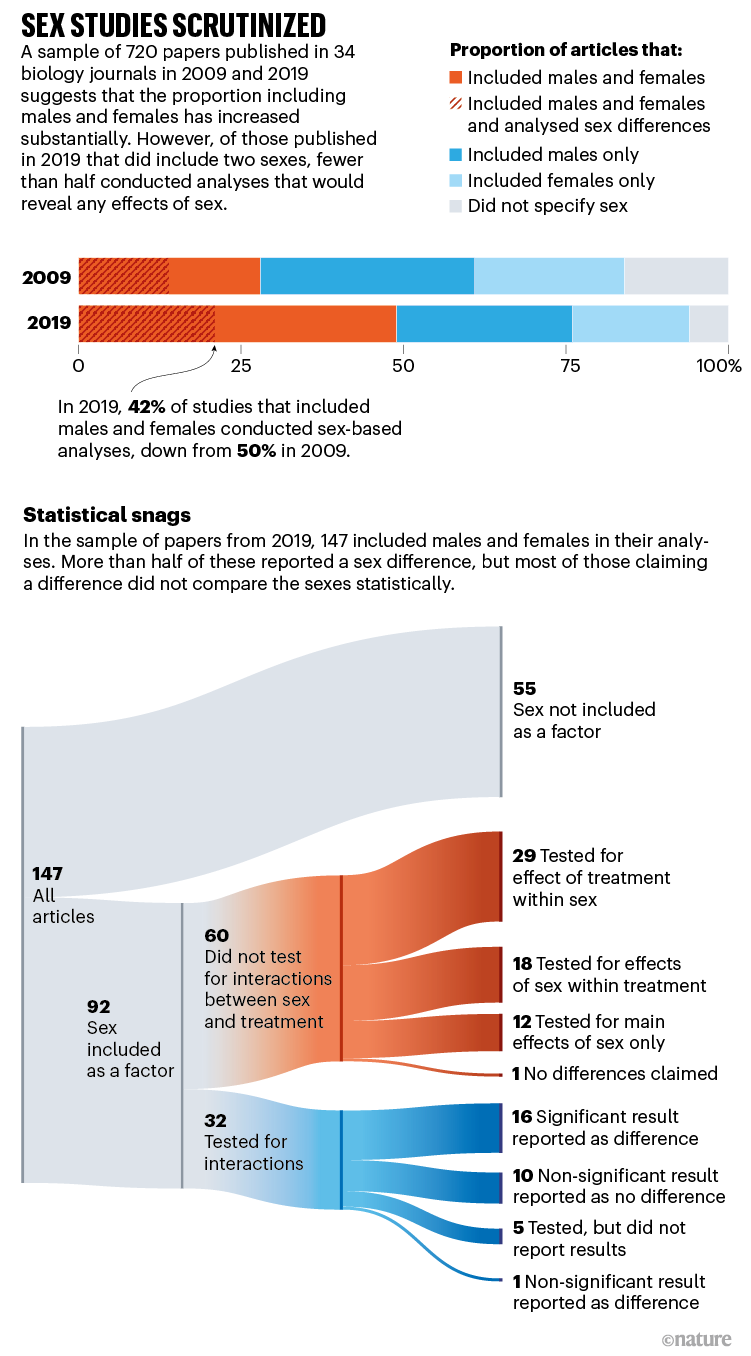Hello Nature readers, would you like to get this Briefing in your inbox free every day? Sign up here.
Cockatoos and humans are locked in an ‘interspecies innovation arms race’ over rubbish bins. Researchers in Australia had previously reported that sulphur-crested cockatoos (Cacatua galerita) use clever means to open and raid suburban wheelie bins, and that they learn the behaviour from each other in a form of ‘cultural transmission’. A new survey shows that the birds are now driving changes in human behaviour, as people devise sophisticated ways to stop break-ins. People are learning the best techniques from their neighbours, too. “Bricks seemed to work for a while, but cockies got too clever,” one survey respondent said. “Neighbours on other side of highway suggested sticks. They work.”
Reference: Current Biology paper
US President Joe Biden has selected Renee Wegrzyn, a biologist and former government scientist, as the inaugural director of the Advanced Research Projects Agency for Health (ARPA-H). Launched in March with a US$1-billion budget, ARPA-H aims to shake up the conventional model of funding biomedical research — deemed too slow and conservative in its scope and approach by some critics — by funding high-risk, high-reward research in the life sciences. Researchers applaud Biden’s choice, but say Wegrzyn will have her work cut out for her — there are many details about the agency that are still in limbo. “Renee possesses a rare combination of scientific expertise, practical experience and interpersonal skills that set her apart as a leader,” says Nobel-prizewinning biochemist Jennifer Doudna.
Earth’s crust builds up faster when the Solar System surfs through one of four spiral arms of the Milky Way. Researchers measured the decay of uranium in the ancient continental crust in Greenland and Australia to study how it formed between 2.8 and 3.8 billion years ago. They found that, every 200 million years or so — in tune with Earth passing through the Milky Way — the rate of crustal production increased. One explanation could be that denser areas of the galaxy dislodge more comets from the Oort cloud, which rain down on Earth, melting the crust and causing more magma to bubble up and congeal. “As geologists, we normally think about processes internal to the Earth,” says co-author and isotope geologist Chris Kirkland. This study instead looks at “extraterrestrial processes and where we fit in the galactic environment.”
Features & opinion
Funders and publishers are increasingly asking researchers to account for the role of sex in experiments. COVID-19 offers a ready example of why sex should be considered: more men die from the disease, whereas women seem more susceptible to long COVID. But the requirement is contentious and not as straightforward as it might sound.
Epidemiologist and AIDS activist Gregg Gonsalves addresses the failure to prevent “a viral scourge assaulting my community of gay men” — monkeypox. “As with the AIDS epidemic, sluggish responses from governments and international institutions, plus outright homophobia and bureaucratic bumbling, have hampered efforts to contain the outbreak” in the United States, he argues.
Clean-energy advocates are on a mission. Mission Innovation (MI) is an international initiative formed in 2015 alongside the Paris Agreement that unites governments, the private sector and academia to accelerate the deployment of affordable and accessible clean-energy technologies. In advance of the Global Clean Energy Action Forum in Pittsburgh, Pennsylvania, next week, three members of the MI steering committee discuss how to do the hard work of achieving global net-zero carbon emissions amid widespread geopolitical tumult.
Find Nature Energy’s whole special collection on clean energy innovation here









More News
Daily briefing: Why exercise is good for us
Daily briefing: Orangutan is first wild animal seen using medicinal plant
Old electric-vehicle batteries can find new purpose — on the grid